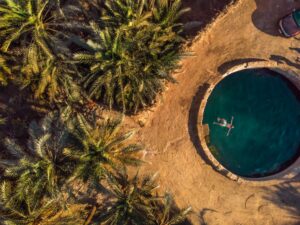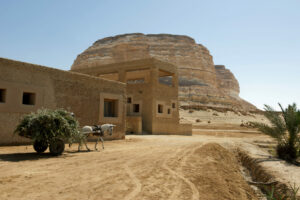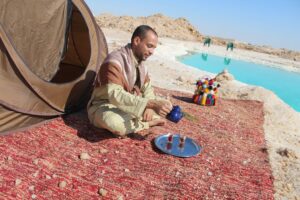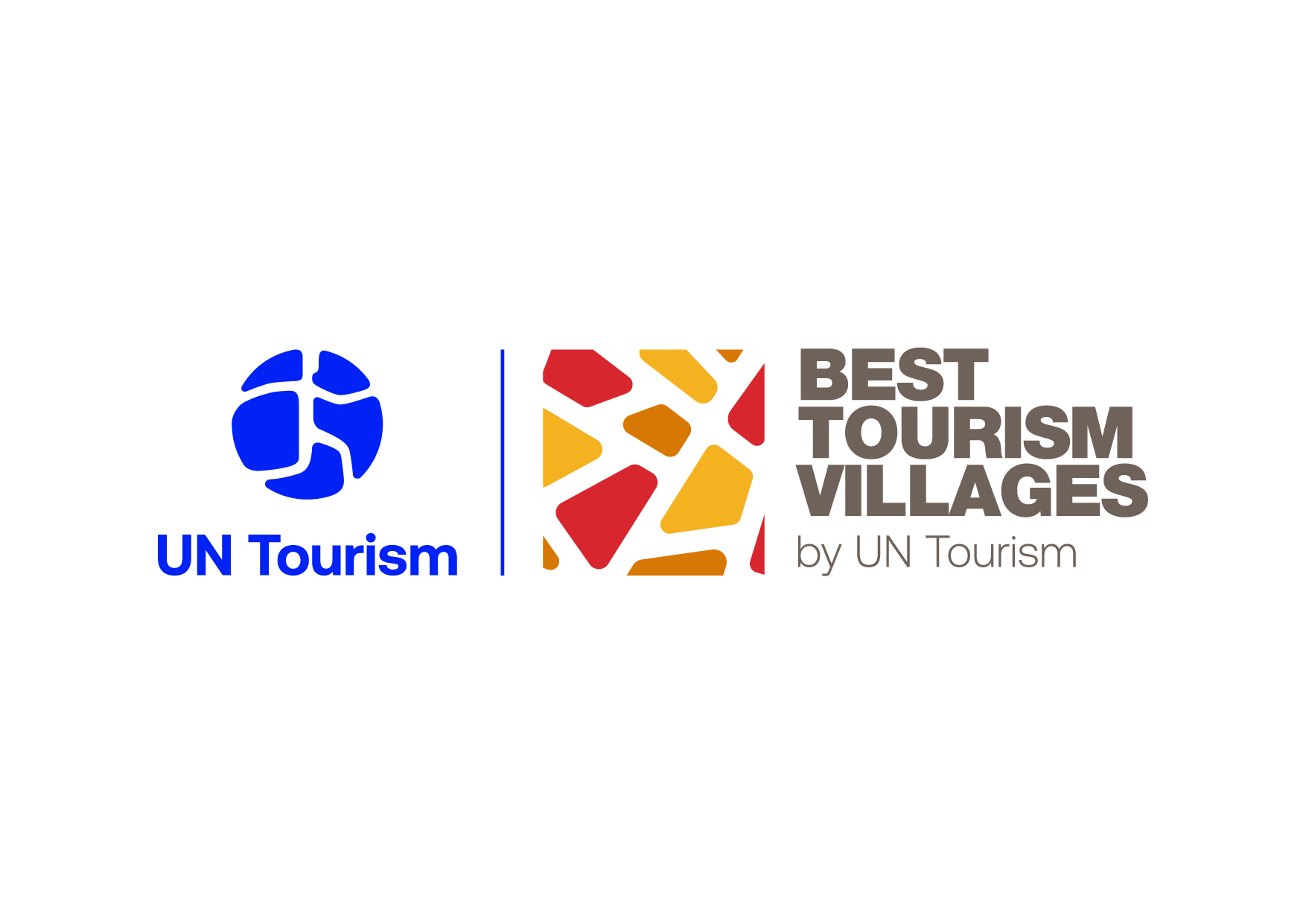Siwa village, with an area of 7800 km2, was declared a national protectorate in 2002 and is highly recognized for its cultural, biological and environmental value. Siwa is committed to promoting and conserving its cultural resources, making it unique and authentic. The economic base of Siwa is based on agriculture, the tourism sector, food and beverage industries and recent mining activities.
Since tourism development started in Siwa some 15 years ago, the community began promoting this cautiously in an effort towards safeguarding Siwa’s unique resources and, at the same time, to enable the village to benefit from the positive economic outcome of developing Siwa’s attractions including the traditional handicrafts.
The Women’s Artisanship initiated community development interventions designed to increase Siwan women’s empowerment and economic self-sufficiency through revitalizing traditional handicraft production and promoting a culture of artisanship. The project has focused on opening viable business opportunities for Siwan women and enhancing their skills to ensure their workmanship is of the highest standard.
Supported by The Supreme Council of Antiquities and other administrative organizations, some re-established and restructured Siwa lodgings including Adrère Amellal, Shali Lodge, the Olive Centre, the Barn and the women’s artisanship workshops to reduce any harmful effect on the environment and preserve the historical feel of Siwa village.
HIGHLIGHTS
-

Sustainable Development Initiative
This project was launched by Environmental Quality International (EQI), a private firm operating in the Middle East and Africa to provide services in Environmental and Natural Resource Management, Policy and Governance and Enterprise Development. This initiative aims to preserve Siwa’s natural assets and cultural heritage and addresses economic, cultural, and environmental challenges including lodging, traditional artisanship, organic agriculture and renewable energy. Together, these activities have established a sustainable private sector-led development model that is socially and environmentally responsible. It enables the local people to create economic opportunities for themselves whilst restoring the physical environment, promoting gender equity, marketing local products to the international market, and helping to position Siwa on the global stage.
-

The revival of Shali Fortress
Launched in 2018, the initiative evokes the support of several stakeholders towards establishing the economic development of Siwa through heritage preservation. This has been achieved through the restoration, conservation, and adaptation of structures and spaces in the archaeological site, elevating Shali’s standing as one of Siwa’s prime cultural-tourism attractions and building the capacity of residents to restore their properties using traditional methods.
-

Siwa Environmental Amelioration Project (SEAP)
In collaboration with the Italian government and the International Union for Conservation of Nature, the Ministry of Environment implemented the “Siwa Environmental Amelioration Project (SEAP)”. It is a project aiming to contribute to the conservation and sustainable use of natural and cultural resources of the Siwa region. The project’s objective is to seek the full involvement of the local community whilst respecting Siwan traditions and culture. The foundation of the project was based on four components including the development of Sustainable Agriculture, strengthening the Siwan association, strengthening the Siwa protected area and solid waste management through developing and implementing a new SWM scheme in Siwa village and the surrounding villages.

